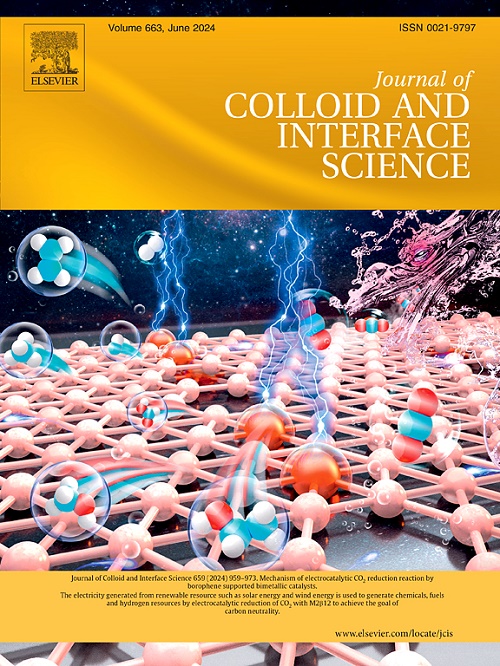ZIF-67 nanocubes assembly-derived CoTe2 nanoparticles encapsulated hierarchical carbon nanofibers enables efficient lithium storage
Abstract
Tellurides are promising anode materials for lithium-ion batteries (LIBs) because of their high electronic conductivity and energy density. However, the slow kinetics and poor structural stability lead to decreased electrochemical performance. In this work, by utilizing the interface magnetization mechanism and assembly effect, high-performance CoTe2 nanoparticles encapsulated hierarchical N-doped porous carbon nanofibers were rationally designed and prepared (ES-CoTe2@NC) via facile tellurization of one-dimensional (1D) ZIF-67 nanocube assemblies. Benefiting from the synergistic effects of the unique structure and component, the ES-CoTe2@NC anode exhibits a high reversible capacity of 1020?mAh/g at 0.1?A/g after 200 cycles, along with excellent long-term cycling stability, retaining a capacity of 780?mAh/g at 1?A?g-1 after 500 cycles. Notably, the ES-CoTe2@NC anode retains a remarkable capacity of 502?mAh/g even after 1000 cycles at a high current density of 5?A?g-1, highlighting its exceptional cycling stability. Besides, the Full cell coupled with LiFePO4 cathode delivers a high reversible capacity of 151.1?mAh?g-1 at 0.1?A?g-1 with stable cycling performance. The kinetics analysis reveals that the ES-CoTe2@NC anode has high pseudocapacitive properties, high electronic conductivity, and fast Li+ diffusion capability. Moreover, the ex-situ characterization clarifies the conversion reaction mechanism of ES-CoTe2@NC. This work provides a facile but effective way to construct high-performance CoTe2-based electrodes.





